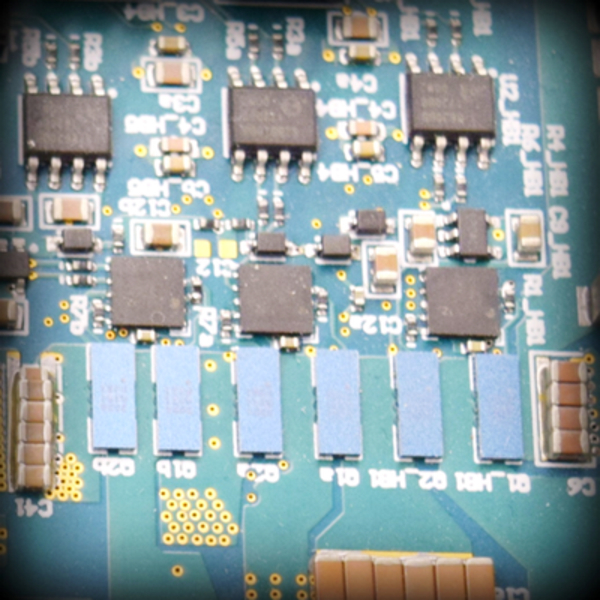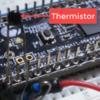Price:
3544 EUR
Contact
University of Colorado Boulder
Description
This course can also be taken for academic credit as ECEA 5708, part of CU Boulder’s Master of Science in Electrical Engineering degree.
This is Course #4 in the Modeling and Control of Power Electronics course sequence. The course is focused on current-mode control techniques, which are very frequently applied in practical realizations of switched-mode. Practical advantages of peak current mode control are discussed, including built-in overcurrent protection, simpler and more robust dynamic responses, as well as abilities to ensure current sharing in parallel connected converter modules. For peak current-mode controlled converters, slope compensation, and high-frequency effects are discussed in detail. Upon completion of the course, you will be able to understand, analyze, model, and design high-performance current-mode controllers for dc-dc power converters, including peak current-mode controllers and average current-mode controllers.
We strongly recommend students complete the CU Boulder Power Electronics specialization as well as Course #1 (Averaged-Switch Modeling and Simulation) before enrolling in this course (the course numbers provided below are for students in the CU Boulder's MS-EE program):
● Introduction to Power Electronics (ECEA 5700)
● Converter Circuits (ECEA 5701)
● Converter Control (ECEA 5702)
● Averaged-Switch Modeling and Simulation (ECEA 5705)
After completing this course, you will be able to:
● Understand conducted electromagnetic interference (EMI) and the need for input filter
● Understand input filter design principles based on attenuation requirements and impedance interactions.
● Design properly damped single-stage input filters.
● Design properly damped multi-stage input filters.
● Use computer-aided tools and simulations to verify input filter design
Specific details
Category of Education
Technology and Engineering







 How to resolve AdBlock issue?
How to resolve AdBlock issue? 


Comments (0)